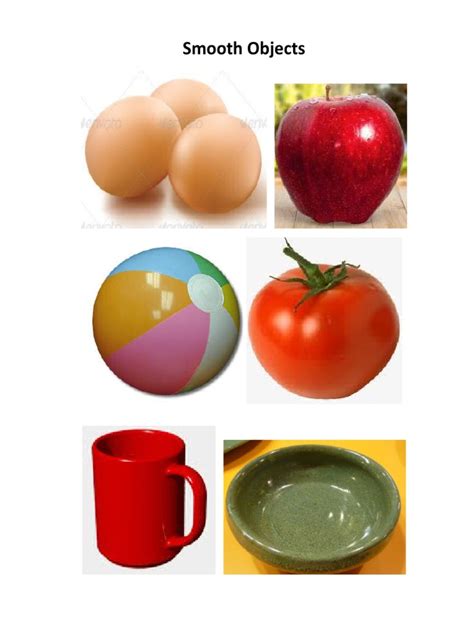In a world where every penny counts, optimizing your vehicle’s fuel efficiency isn’t just about being eco-conscious; it’s about putting real money back in your pocket. For many men, the car is more than just transportation—it’s a tool, an extension of freedom, or a workhorse. Understanding how to get the most out of every drop of fuel is a practical skill that pays dividends, reducing your weekly spend and freeing up cash for other priorities. This guide breaks down actionable steps you can take today to drive smarter and save more.
Master Your Driving Habits
The single biggest factor influencing your fuel economy is often the man behind the wheel. Aggressive driving—sudden acceleration, hard braking, and excessive speeding—can dramatically reduce your miles per gallon (MPG). Instead, adopt a smoother, more controlled driving style. Accelerate gently, anticipating traffic flow to avoid unnecessary stops. Maintain a consistent speed, utilizing cruise control on highways whenever safe and appropriate. Think ahead; spotting red lights or congestion early allows you to coast and reduce the need for last-minute braking, which wastes kinetic energy.

Avoid idling for extended periods. If you’re waiting for more than 30 seconds, it’s often more fuel-efficient to turn off your engine and restart it when you’re ready to go. Modern engines are designed for frequent starts.
Regular Vehicle Maintenance is Key
Treat your car right, and it will return the favor in fuel savings. Skipping essential maintenance can lead to your engine working harder than it needs to, guzzling extra fuel. Here are the critical areas:
- Tire Pressure: Underinflated tires increase rolling resistance, forcing your engine to use more power. Check your tire pressure regularly (at least once a month) and inflate them to the manufacturer’s recommended PSI, found on a sticker inside your driver’s side door jamb or in your owner’s manual.
- Oil Changes: Use the correct type and viscosity of engine oil recommended by your manufacturer and stick to the service schedule. Fresh, clean oil reduces friction within the engine, allowing it to run more efficiently.
- Air Filter: A dirty air filter restricts airflow to the engine, making it work harder to draw in the air it needs for combustion. Replace it according to your car’s service schedule, or more frequently if you drive in dusty conditions.
- Spark Plugs: Worn-out spark plugs can lead to misfires and incomplete combustion, wasting fuel. Replace them as part of your vehicle’s tune-up schedule.

Reduce Weight and Drag
Every extra pound your car carries requires more fuel to move. Take a moment to declutter your trunk. Tools, sports equipment, or other items that aren’t regularly used can add up. Unload anything unnecessary to lighten your load.
Aerodynamics also plays a significant role, especially at higher speeds. Roof racks, cargo carriers, or even open windows at highway speeds create drag, forcing your engine to work harder. Remove roof racks when not in use, and consider using your AC instead of rolling down windows on the highway to maintain aerodynamic efficiency.

Smart Route Planning and Technology
Before you even turn the key, intelligent planning can save you fuel. Consolidate errands into a single trip rather than making multiple short trips with a cold engine. Cold engines are less efficient. Use navigation apps like Google Maps or Waze, which can not only find the shortest route but also often suggest the most fuel-efficient one by avoiding heavy traffic or stop-and-go conditions. Being stuck in traffic is a prime fuel killer.

Understand Your Fuel Type
Unless your car specifically requires premium fuel (check your owner’s manual!), filling up with higher-octane gasoline when it’s not needed is a waste of money and provides no fuel efficiency benefit. Most modern cars are designed to run perfectly on regular unleaded. Using the correct fuel type ensures optimal engine performance without unnecessary expenditure.
Conclusion: Drive Smarter, Save More
Boosting your car’s fuel efficiency isn’t about grand gestures; it’s about consistently applying small, smart habits and maintaining your vehicle diligently. By adopting smoother driving techniques, keeping up with maintenance, shedding unnecessary weight, and planning your trips effectively, you’re not just being a responsible car owner—you’re making a tangible impact on your personal finances. Start implementing these tips today, and watch your fuel savings add up.





